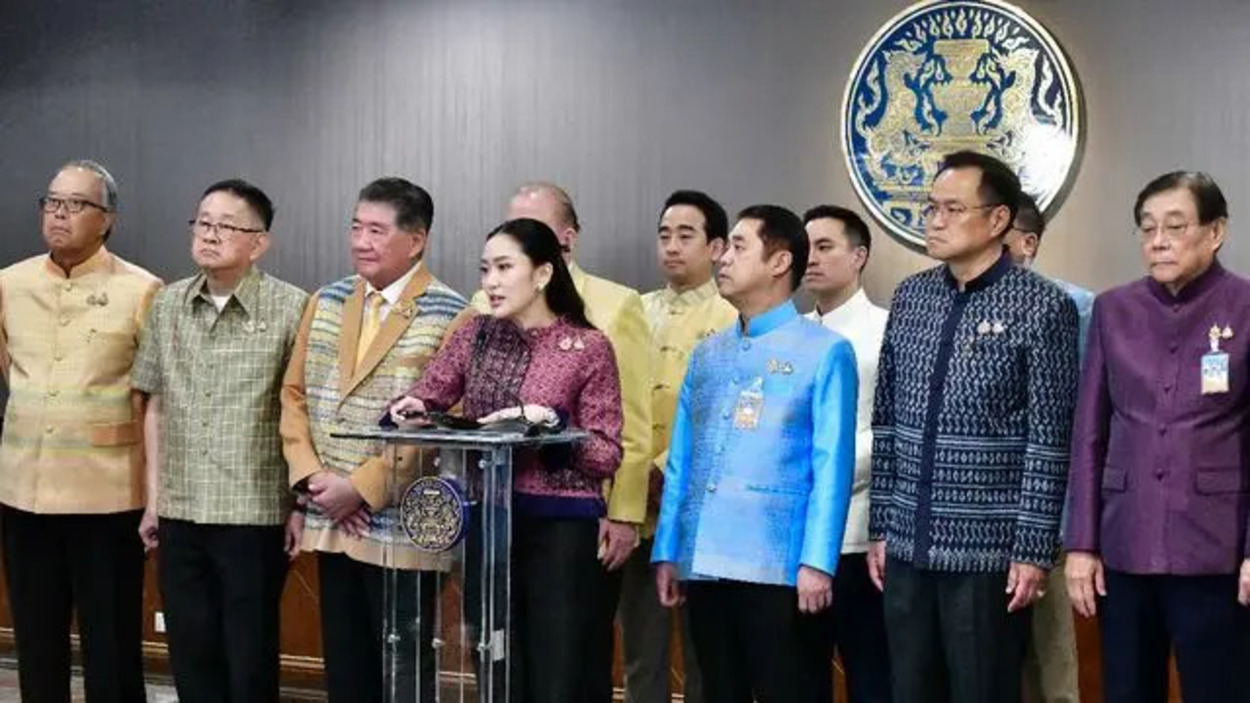On 21 May 2025, the Thai Cabinet approved the draft of the 2026 Annual Budget Expenditure Bill, proposing a total allocation of 3.78 trillion baht. The bill is scheduled for its first reading in the House of Representatives during a special parliamentary session from 28 to 30 May 2025. Lawmakers are expected to examine the bill in detail through a clause-by-clause review in subsequent sessions, with the aim of enacting it by October to coincide with the start of the next fiscal year.
According to the proposed breakdown, 1.4 trillion baht will be allocated to support government agency operations, while personnel-related costs are budgeted at 820.8 billion baht. The central budget, which includes funds not specifically tied to any ministry, is set at 632.9 billion baht. Additional significant allocations include 421.9 billion baht for debt servicing, 274.6 billion baht for revolving funds, and 123.5 billion baht to bolster the treasury reserve. Integrated cross-agency spending will receive 98.8 billion baht.
Strategically, the government has prioritized social opportunity and equity, earmarking 942.7 billion baht—the largest single allocation—for these areas. Human capital development and public sector reform follow closely, with proposed budgets of 605.9 billion and 605.4 billion baht, respectively. National security is slated to receive 415.3 billion baht, while 394.6 billion baht is intended to enhance national competitiveness. Environmental sustainability is also on the agenda, with 147.2 billion baht directed toward green growth initiatives.
A separate 669.3 billion baht has been designated for general government operations, which includes emergency spending, debt repayment, and treasury replenishment. These funds aim to provide fiscal flexibility in response to economic fluctuations and unforeseen national needs.
The Budget Bureau has made all relevant documents, including stakeholder feedback summaries, available on its official website. Legislators are expected to begin budget deliberations next week, with a goal of final approval ahead of the new fiscal cycle.
